Search Results
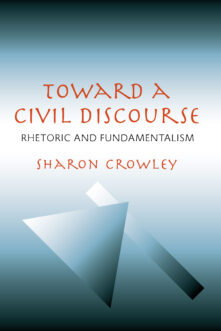
Toward a Civil Discourse
Rhetoric and Fundamentalism

Landscapes Of Struggle
Politics Society And Community In El Salvador
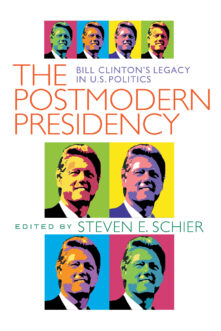
The Postmodern Presidency
Bill Clinton's Legacy in U.S. Politics
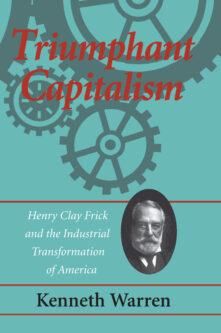
Triumphant Capitalism
Henry Clay Frick and the Industrial Transformation of America
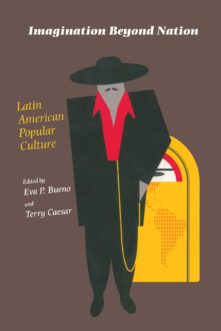
Imagination Beyond Nation
Latin American Popular Culture
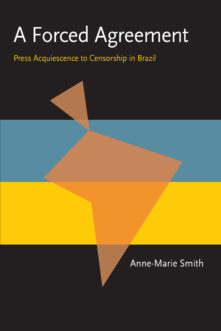
A Forced Agreement
Press Acquiescence to Censorship in Brazil
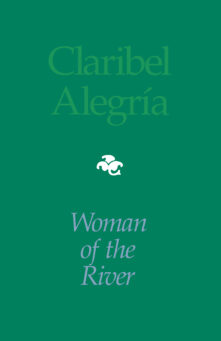
Woman Of The River
Bilingual edition
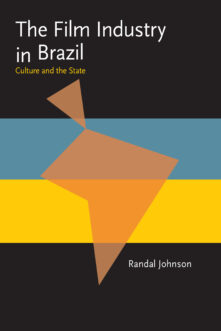
The Film Industry in Brazil
Culture and the State
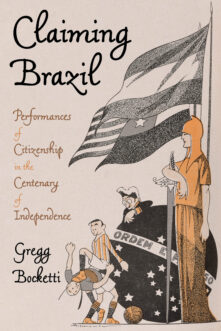
Claiming Brazil
Performances of Citizenship in the Centenary of Independence
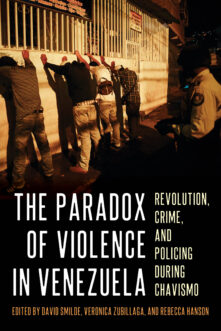
The Paradox of Violence in Venezuela
Revolution, Crime, and Policing During Chavismo
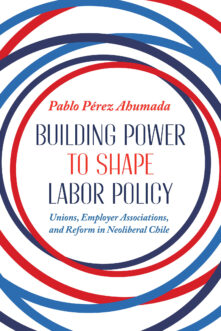
Building Power to Shape Labor Policy
Unions, Employer Associations, and Reform in Neoliberal Chile
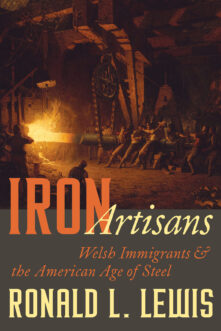
Iron Artisans
Welsh Immigrants and the American Age of Steel
Your search for "Urban Rivers : Re-making Rivers, Cities and Space in Europe and North America" returned 644 results


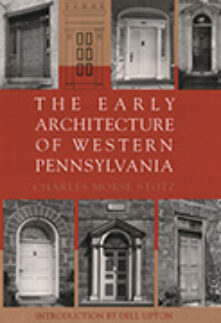
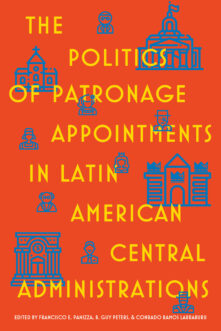
![banana [ ] banana [ ]](https://upittpress.org/wp-content/uploads/2022/05/9780822966937-scaled-221x286.jpg)